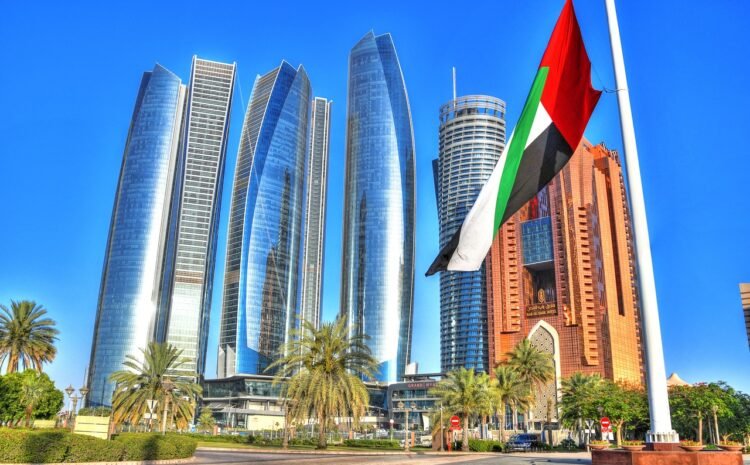
Unveiling Opportunities: Navigating the Business Landscape in the Middle East
Introduction: The Middle East, with its rich history, diverse cultures, and thriving economies, has emerged as a dynamic hub for business and investment opportunities. From the bustling metropolises of Dubai and Abu Dhabi to the historic trading centers of Istanbul and Cairo, the region offers a wealth of potential for entrepreneurs, investors, and multinational corporations alike.
Exploring Market Dynamics: The Middle East boasts a vibrant and rapidly evolving business landscape, driven by factors such as strategic geographic location, abundant natural resources, and ambitious economic diversification initiatives. Key sectors driving growth include:
- Energy: With significant oil and gas reserves, the Middle East remains a global powerhouse in the energy sector, attracting investment in exploration, production, and renewable energy projects.
- Infrastructure: Governments across the region are investing heavily in infrastructure development, including transportation networks, smart cities, and sustainable urban planning, creating opportunities for construction firms, engineering companies, and infrastructure investors.
- Technology: The Middle East is embracing digital transformation, with rapid adoption of emerging technologies such as artificial intelligence, blockchain, and e-commerce. Tech startups and multinational tech firms are thriving in the region’s innovation hubs.
- Tourism and Hospitality: The Middle East is a top destination for tourism and hospitality, attracting millions of visitors each year to its iconic landmarks, luxury resorts, and cultural attractions. Hospitality investors and developers continue to capitalize on the region’s tourism potential.
Navigating Challenges: While the Middle East presents abundant opportunities, navigating the business landscape comes with its own set of challenges. Factors such as geopolitical tensions, regulatory complexities, and cultural differences require careful consideration and strategic planning. However, with the right approach and local partnerships, businesses can overcome these challenges and thrive in the region.
Seizing Opportunities: For businesses looking to expand into the Middle East or tap into its growing markets, it’s essential to conduct thorough market research, understand local regulations and customs, and build strong relationships with local partners and stakeholders. Collaborating with established players and leveraging regional networks can provide valuable insights and facilitate market entry.
Conclusion: As the Middle East continues to position itself as a global business destination, opportunities abound for forward-thinking entrepreneurs and investors. By staying informed, embracing innovation, and forging strategic partnerships, businesses can unlock the region’s vast potential and contribute to its economic growth and prosperity.

1 Comment
Hiya, I am really glad I have found this info Today bloggers publish only about gossips and internet and this is actually frustrating A good blog with exciting content, this is what I need Thank you for keeping this site, I will be visiting it Do you do newsletters? Cant find it